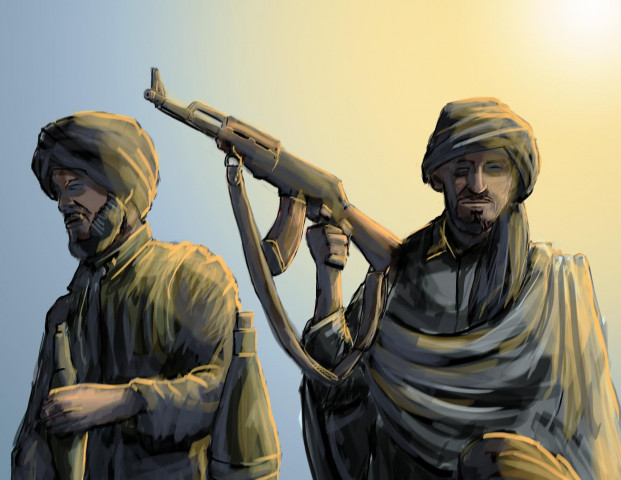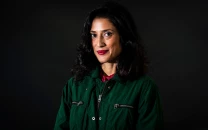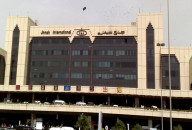All to play for
Pakistan government is yet to engage in the battle against the mindset that produces terrorism


On November 16, the army reported that it had cleared 90 per cent of North Waziristan, and on the same day, it also reported that at least 27 militants were killed in air strikes in Datta Khel, with the dead including important commanders and foreign fighters. There are said to be 1,198 terroists killed and 356 injured since the operation began in June, and it is clear that there is no early end in sight.
From the outset of Operation Zarb-e-Azb, there was an obvious weakness — fighters from any of the groups waging war against the Pakistani state could move over the border in Afghanistan and there find safe haven.
The Hamid Karzai government was in no mood to root them out and maintained a scenario of managed instability along much of the Durand Line for most of its tenure. With Karzai gone, it has quickly become apparent that there is a re-setting of relations between Pakistan and Afghanistan. Already, there are green shoots on the sapling planted by Prime Minister Nawaz Sharif and Afghan President Ashraf Ghani last week. For the first time, there is a clear and unambiguous commitment from Kabul that it will move against the sanctuaries of the Tehreek-e-Taliban Pakistan (TTP). This points to increased military and intelligence cooperation on both sides, and if followed through, it for the first time, squeezes the members of the TTP franchise from all sides.
The architect of what amounts to a paradigm shift on the Pakistan side is said to be Army Chief General Raheel Sharif, who has swept aside the ambiguous stances of the Pakistani state, replacing them with an unusual and robust clarity of position on the war on terror. It remains to be seen whether the writ of President Ghani runs as far south as the borderlands, and it equally remains to be seen whether the Afghan National Army (ANA) has the wherewithal to take on the TTP, given that the ANA is far from robust. Notwithstanding myriad uncertainties as to near-term capacities, long-term intent has been signalled and it is positive.
As the militaries of both countries mesh a little more effectively, and with common purpose, the shooting war against terrorism will be better fought. But there is another war. The battle that the Pakistan government has yet to engage effectively with, at any level is that to be fought against the mindset that produces the terrorism that is daily culling military and civilian lives.
Pakistan is a state wide open to the blandishments of the extremist narrative. Children in parts of the country receive an education that promotes sectarian conflict, and politicians patronise extremist outfits when it suits them. Extremism, in its many guises, gets an easy ride and until that changes, there will always be terrorism to fight.
Published in The Express Tribune, November 18th, 2014.
Like Opinion & Editorial on Facebook, follow @ETOpEd on Twitter to receive all updates on all our daily pieces.















COMMENTS
Comments are moderated and generally will be posted if they are on-topic and not abusive.
For more information, please see our Comments FAQ